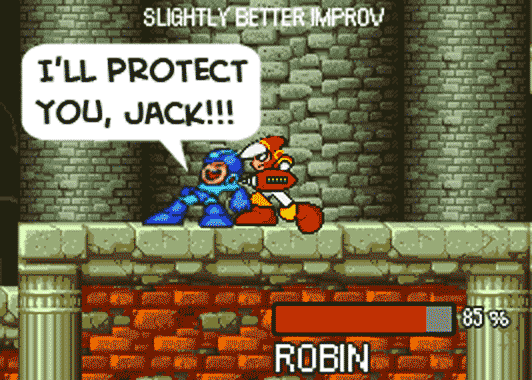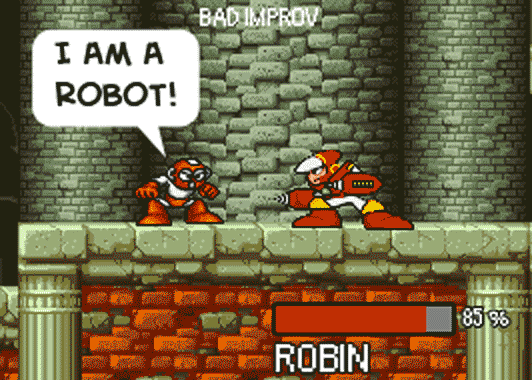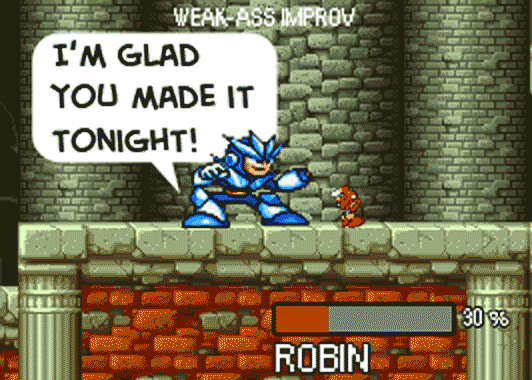http://runnersworld.com/sports-psychology/three-ways-to-cope-with-a-bad-race
1. Scream and Shout
This initial grieving stage may last a few hours or a few days, but it’s not helpful if it lingers. “Prolonged grieving lowers self-confidence and motivation,” Balague says. “When you are unable to constructively evaluate what happened and point to a solution, it may signal some underlying emotional issues.”
2. Dissect the Disaster
Instead of analyzing all of this in your own head, Nyamora recommends going over the details of your [performance] with someone else—ideally an experienced [improviser] or coach. Writing about the experience in a journal or blog can also be helpful. “Your internal thoughts can be overly critical, but when you write about an experience, you tend to be less negative and more objective,” he says.
3. Move Forward
You also need to consider the emotional toll the bad [show] took on you. “If you’re feeling desperate to prove something to yourself or others, or you’re still angry about the last [show], wait,” Nyamora says. “It might be best to take a break from [performing] until you feel emotionally recovered and really miss it.”
Hah! How do I recover emotionally from a bad improv scene, I asked? I like this answer, mostly because it’s basically exactly what I’m doing. Thank you Runner’s World.
Still— this is more of a long-term solution. I still need tips for the short term— like when you’re at Mile 7, and you just fucked up your last 3 splits, and the race might still be salvageable, but your psyche is just like “AW FUCK, GO HOME.”
Sports psychology as applied to improv psychology! I wonder what else I can find in this vein.


